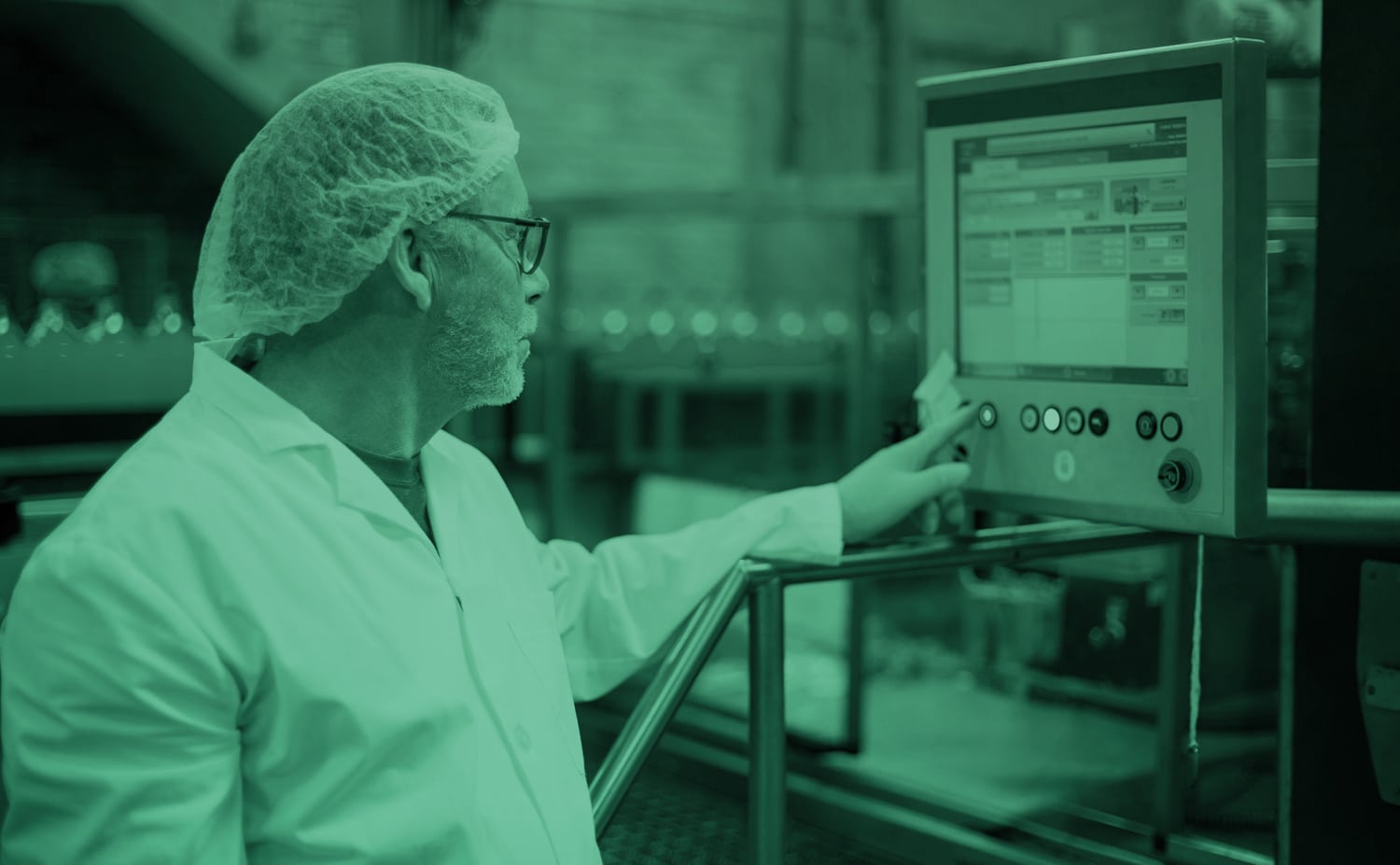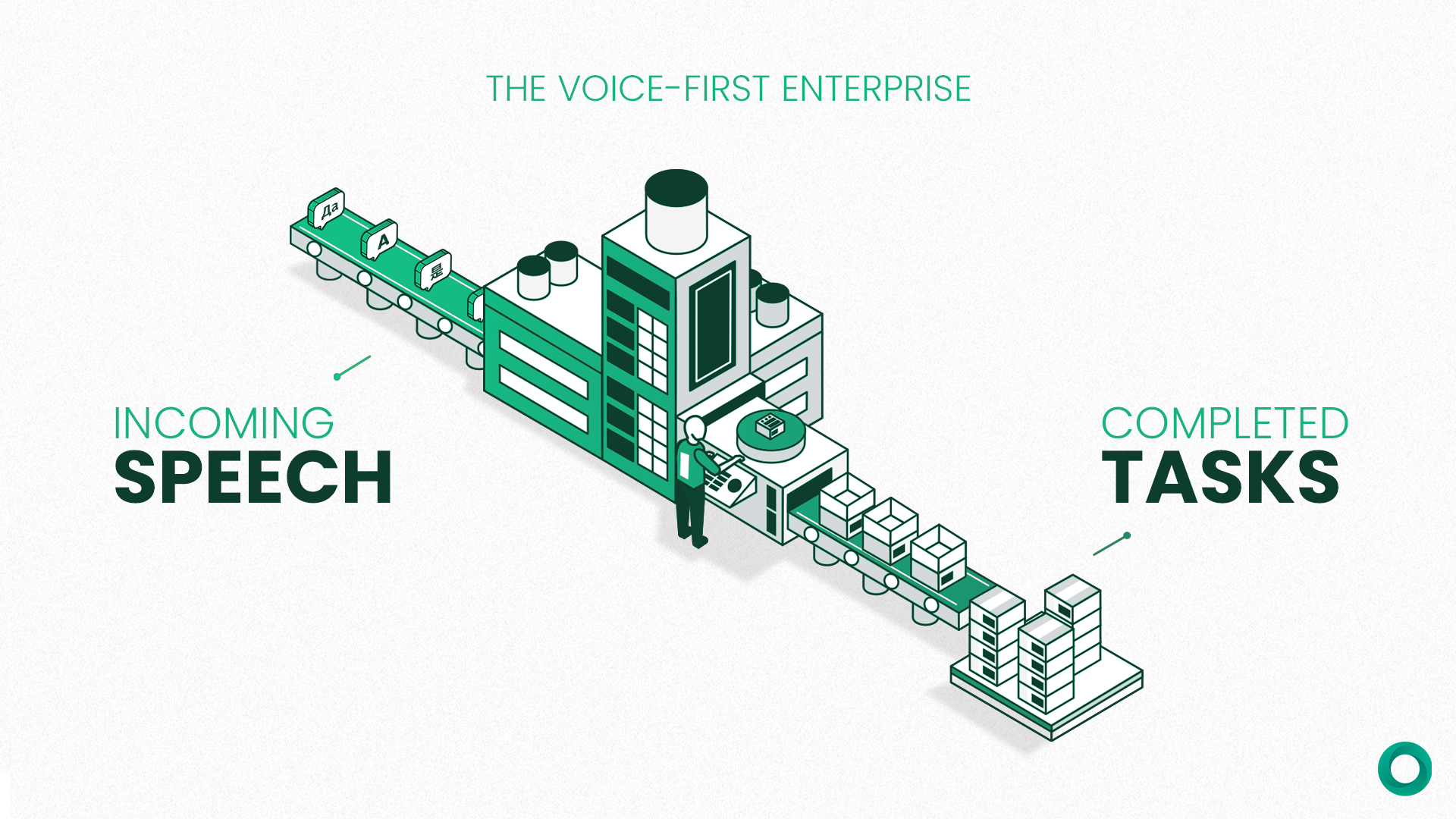Almost every industry is affected by fast-paced technological advancements, and the food manufacturing industry is no exception. New cutting-edge technologies emerge on a regular basis and help drive innovation in all aspects of the food industry from field to fork.
Still, there are legitimate concerns surrounding these new innovations, as well as delays in adoption caused by uncertainty or specific challenges. In the food manufacturing sector, technological adoption rates are around 27%, compared to almost 50% in the overall manufacturing industry. What accounts for this lag in technological adoption?
In this article, we’ll take a look at the benefits of technological adoption, as well as the roadblocks specific to the food manufacturing industry, and how companies can overcome these challenges and reap the rewards of emerging tech.
Key Technological Advancements in the Food Manufacturing Industry
Food manufacturing has witnessed several new technological innovations that are reshaping the way manufacturers operate. Everything from production to safety and quality assurance can be streamlined and made more efficient with new technologies. Here are some key advancements that have made an impact in the industry:
- Automations and robotics: Robotics help food manufacturers take repetitive tasks out of the hands of employees so that they can reduce labor costs, improve consistency, and help their workforce focus on other tasks. With robotics, manufacturers can put tasks like packaging, sorting, and production on auto-pilot, ensuring better accuracy and efficiency.
- 3D printing: This emerging technology allows food manufacturers to create custom solutions, such as food creations that cater to individual allergies or dietary needs or personalized packaging. 3D printing gives manufacturers the ability to be highly specific while complying with food laws and regulations.
- Big data and analytics: Food manufacturers are generating a large amount of data on a regular basis, and this can be used to gain insights into different trends and consumer preferences. Internal data can also be used to make operations more efficient and help manufacturers optimize workflows and make more informed business decisions.
- Artificial Intelligence (AI): AI can be used in various aspects of food manufacturing, from quality control to supply chain optimization and even machinery maintenance. AI-driven systems help manufacturers prevent risks by providing real-time data on factors like storage conditions, and equipment status and help optimize employee efficiency.
- Internet of Things (IoT): IoT devices include sensors and smart devices connected over the internet that are used in factories and supply chains to monitor food storage and production. Like AI, this technology can provide real-time data on factors that help prevent the loss of products and boost efficiency and quality.
- Smart packaging: New packaging technologies like freshness indicators, QR codes, and biodegradable products are helping food companies deliver better products to consumers. By adopting packing technologies that are sustainable and show important information on foods inside a package, companies can ensure consumers are getting a higher-quality product.
The Benefits of Technology Adoption in Food Manufacturing
Food manufacturers are hesitant to introduce new technologies to their production lines for different reasons, like an increase in spending, a lack of employee adoption, or even an interruption to their workflows. However, food manufacturers who have adopted new technologies have seen significant advantages, such as Nestlé. The brand implemented new IoT technology to its production line and was able to “reduce downtime, increase capacity, improve resource efficiency (GHG, energy and water) and improve the quality of [their] products for the consumer.”
The overall benefits of different innovative work tools help companies improve operations both on the manufacturing floor and in several other aspects of their business. Let’s take a look at some of the main benefits of technology adoption in food manufacturing.
Cost and Waste Reduction
Adoption of new technologies can lead to a decrease in costs and wasted resources for food manufacturers. By automating workflows, companies can reduce labor costs, minimize inefficiencies, and reduce food spoilage by optimizing storage conditions and supply chain management.
Improved Quality, Safety, and Compliance
When new technologies are implemented, the quality of products can increase thanks to more precise manufacturing processes that make workflows more consistent. Not only that, but when operations are more consistent and quality is improved, manufacturers can better ensure they’re compliant with local regulations when it comes to both food and employee safety.
Enhanced Productivity
Technologies like AI and automations make production more efficient by streamlining repetitive tasks. Employees can be more focused on things like quality control when manual tasks are taken care of. Not only that, but the data gained from emerging technologies can help companies optimize their production line with data-driven adjustments.
Less Downtime
By turning to technology for the completion of manual tasks, you’re lifting the burden off of employees, who now have more available time to focus on other aspects of manufacturing. This creates less downtime that would otherwise be dedicated to manual inspections of incoming ingredients, packaging, machinery, or production processes.
Competitive Advantage
Companies that embrace technological advancements are in a better position to innovate and respond to consumer demands. With manual tasks taken care of and more reliable data to pull from, companies can become market leaders through high-quality products that improve brand reputation and customer loyalty.
Successful Adoption Challenges Food Manufacturers Face
Food manufacturers need to contend with different challenges when considering adopting new technologies. While the long-term benefits often outweigh the short-term drawbacks, these challenges are still factors manufacturers take into consideration and can potentially lead to avoiding new technologies. Here’s a look at some of the key challenges that have the potential to prevent a successful adoption.
Investment Cost
The upfront cost of investing in new technology can be a deterrent for many companies. Not only can these new technologies be costly, but the added considerations of investing in employee training and equipment and infrastructure upgrades can quickly add up.
Deployment
Smaller or medium-sized manufacturing businesses may find deployment especially challenging when considering the cost of implementation against ROI. Integrating technologies into existing processes can be complex, making deployment a significant hurdle.
Trustworthiness
Some companies remain skeptical about the efficiency and trustworthiness of new technologies. For example, AI is a relatively new tool in the manufacturing industry with just a few years of reliable data to back up its efficiency. Companies with limited resources may be weary of adopting new technologies without being certain of ROI.
Workforce training
Employees need to be trained on new technologies to learn how to operate them efficiently. In some cases, this requires specific skills and specialized training, which could lead to a shortage of qualified professionals or a knowledge gap in an existing workforce, slowing down the adoption process.
Compliance and data security
As new technologies like AI, analytics tools, and IoT embrace data, the issue of data security and compliance arises. New technologies could potentially open companies up to breaches, cybersecurity threats, or unauthorized agents accessing sensitive information.
Move Past Challenges With aiOla’s Speech-powered AI Technology
Weighing whether a technology’s benefits outweigh the potential challenges is no simple feat, but what if you didn’t have to worry about roadblocks in your company’s adoption journey?
aiOla is an AI-driven speech platform that enables companies to gather meaningful data solely through the power of speech. That means there’s no training, no interrupting deployment period, no need to invest in new infrastructure, and a high level of trustworthiness and reliability. Since data from aiOla’s platform comes directly from speech used on the manufacturing floor, you can trust that it’s both reliable and relevant.
With aiOla, all employees need to do is speak normally, using any language or industry jargon they’re used to, and the platform gathers spoken data through ASR and NLP. This helps companies cut down on manual processes like inspections and quality control processes while simultaneously empowering employees to work smarter and more focused. Data gathered from aiOla can then be used to make informed business decisions, preempt potential setbacks like equipment malfunctions, and manage the quality of stored products and ingredients while keeping your company more efficient, productive, and competitive.
Ready to learn more? Schedule a demo to better understand how aiOla can work for your manufacturing business.








